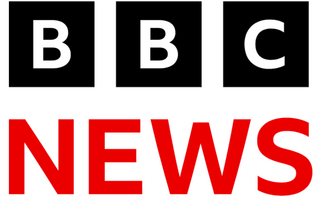Criticism of Obamacare and New Zealand's use of GOV.UK open source code proves that UK is a leader, claims Maude
Cabinet Office minister Francis Maude has claimed that the UK has gone from being poor at all things digital to becoming a world leader. Maude was speaking at the Cabinet Office today to update ...
To continue reading this article...
Join Computing
- Unlimited access to real-time news, analysis and opinion from the technology industry
- Receive important and breaking news in our daily newsletter
- Be the first to hear about our events and awards programmes
- Join live member only interviews with IT leaders at the ‘IT Lounge’; your chance to ask your burning tech questions and have them answered
- Access to the Computing Delta hub providing market intelligence and research
- Receive our members-only newsletter with exclusive opinion pieces from senior IT Leaders























